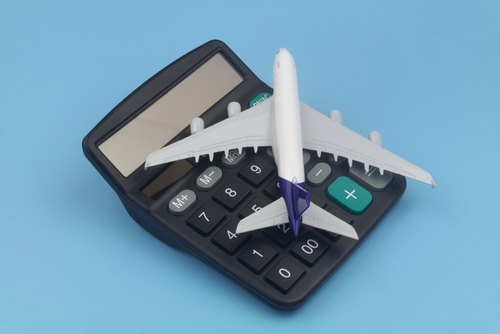
U.S. Reps. Mike Kelly (R-PA), Mike Collins (R-GA), Jimmy Panetta (D-CA), and Steve Cohen (R-TN) introduced legislation Tuesday to develop the aviation workforce.
The Aviation Workforce Development Act would make training at FAA-certified commercial pilot and aircraft maintenance technician schools qualified expenses for 529 plans. The lawmakers said the bill is in response to the airline industry facing a shortage of pilots.
“The airline industry has been experiencing a shortage of pilots for years, and early retirements forced by the COVID-19 pandemic only accelerated that shortage,” Kelly, chair of the House Ways & Means Subcommittee on Tax, said in a statement. “We must do everything we can to incentivize more Americans to become airline pilots. This Aviation Workforce Development Act does just that. By making training more affordable, not only can we hire more pilots, but we can also provide more flights – both domestically and internationally – to fully serve airports like Erie International Airport, which has lost critical air service in recent years due in part to the skilled labor shortage.”
A 529 plan allows parents and guardians to save for a child’s education. Initially, they could only be used at four-year universities, but they have expanded recently to include apprenticeship programs and community colleges. Most aviation programs are not covered by 529 plans, the Congress members’ offices said.
U.S. Reps. Drew Ferguson (R-GA), Lucy McBath, (D-GA), Julia Brownley (D-CA), and Russell Fry (R-SC) co-sponsored the legislation.
“The Aviation Workforce Development Act allows students to use their 529 education savings accounts to develop the skills and insights needed to work in the air and on the ground in our essential aviation-related industries. It is abundantly clear that we need to increase the aviation workforce to meet increasing air-travel demand,” Cohen, the ranking member of the Transportation and Infrastructure, Aviation Subcommittee, said. “This is one of the right answers to meet this increased national workforce need.”
The legislation is supported by aviation industry groups, including the Aerospace Industries Association, the Air Line Pilots Association, the Aircraft Mechanics Fraternal Association, Airlines for America, Aviation Technician Education Council, General Aviation Manufacturers Association, National Flight Training Association, and Southwest Airlines Pilots Association, among others.